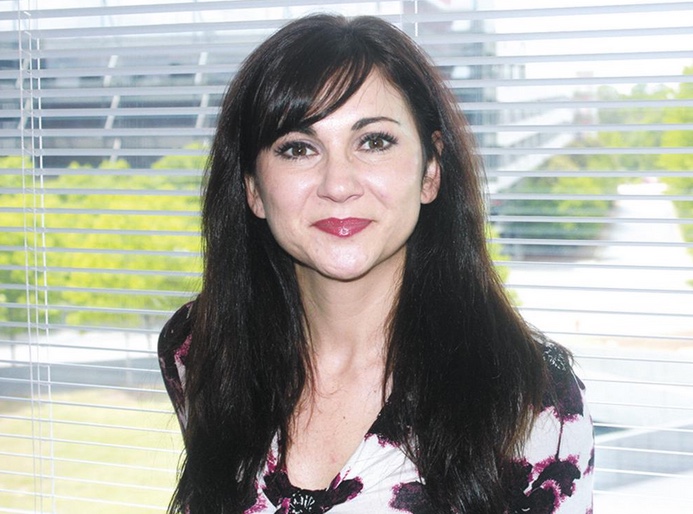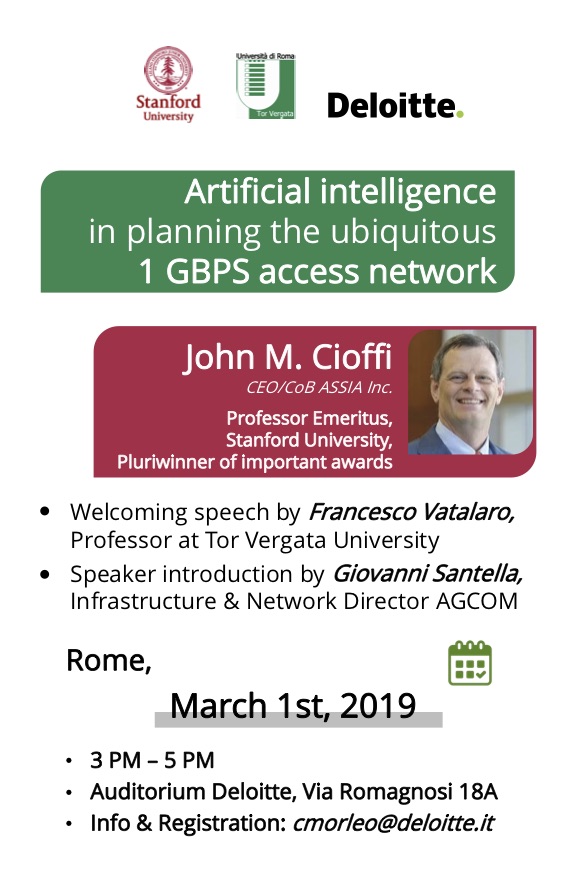 Giovedì 7 marzo, in aula B5 – Edificio Nuova Didattica della macroarea di Ingegneria, alle h. 16, la professoressa Simona Onori della Stanford University terrà un seminario dal titolo “Hybrid electric vehicles: energy management strategies and tools for optimal energy storage systems selection”. La prof. Onori, tra l’altro, ha conseguito il dottorato di ricerca in Computer Science and Control presso Ingegneria “Tor Vergata”.
Giovedì 7 marzo, in aula B5 – Edificio Nuova Didattica della macroarea di Ingegneria, alle h. 16, la professoressa Simona Onori della Stanford University terrà un seminario dal titolo “Hybrid electric vehicles: energy management strategies and tools for optimal energy storage systems selection”. La prof. Onori, tra l’altro, ha conseguito il dottorato di ricerca in Computer Science and Control presso Ingegneria “Tor Vergata”.
Gli organizzatori dell’incontro, tra cui il prof Vincenzo Mulone, oltre a coinvolgere gli studenti di “Sistemi E Componenti Per La Conversione Dell’energia Da Fonti Rinnovabili” del corso di laurea in Ingegneria Energetica invitano vivamente tutti gli interessati a partecipare.
abstract
Hybrid vehicles offer additional degrees of freedom in controlling the instantaneous torque delivered to the wheels due to their more complex powertrain architecture. This ‘content-rich’ architecture provides many opportunities to improve fuel economy and reduce emissions. Realistic figures of achieavable improvement in fuel economy in HEVs range from 10% for mild hybrids to more 30% for highly hybridized vehicles. This potential can be realized only with a sophisticated control system that optimizes energy flow within the vehicle. Adopting systematic model-optimization methods, using meaningful objective functions and optimal control tools to improve the energy management controller give a more formal framework to deal with such a problem.
In this talk, we will present developments and trends of control and optimization for supervisory controllers in hybrid electric vehicles using optimization tools and we also present solutions for the selection and sizing of energy storage technologies (either in a standalone or hybrid configuration).


